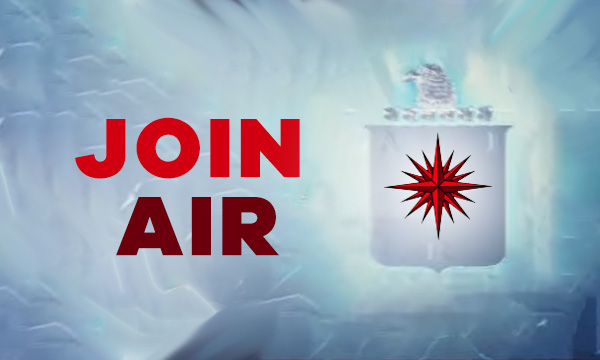Leftist thought tends to advocate for political and social ideologies that prioritize collective solutions to societal problems, often at the exp...
Brad Johnson, President, and retired CIA Senior Officer and Chief of Staff. Insight into current events from an intelligence angle.





